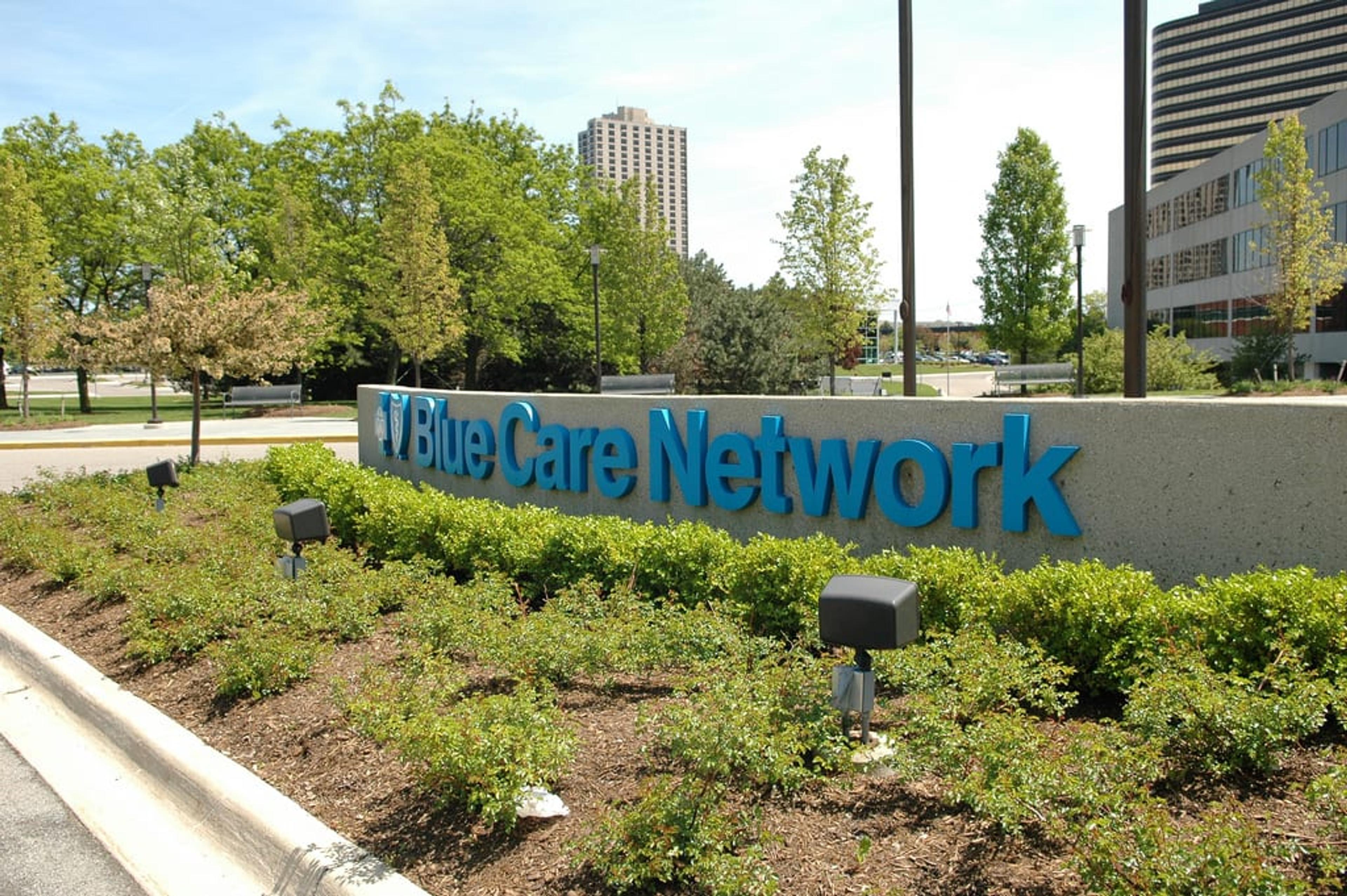
As an HMO member, referrals are a fact of life. Having your primary care doctor coordinate your care helps keep you healthy and ensures you receive the proper services when needed. Your primary doctor plays an important role in helping you maintain your overall health by focusing on preventive care, as well as treating many conditions. Your doctor educates you on how to develop healthy habits and catches early warning signs that may require further investigation. The referral process also promotes communication between your doctor and specialist. How? Your primary doctor will refer you to a specialist he or she is familiar with and who participates in their hospital network. This way your doctor is able to stay familiar with your complete medical history and manage your health care safely and efficiently. In order to make sure you get the care you need when you need it, work with your primary doctor. It's important to select a doctor that's associated with your preferred hospital. For women, you may also want to select a primary doctor that is associated with the same hospital as your OB-GYN. There are several exceptions to the referral process. For instance, women don't need a referral to see an OB-GYN in their network for routine services such as Pap tests, annual well-woman visits and obstetrical care. Likewise, those seeking the services of a behavioral or mental health professional don't need a referral from their primary doctor to obtain care. How referrals work A referral from your primary care physician can cover a period from 90 to 365 days. Referrals for three chronic conditions - oncology, rheumatology and renal management - are issued for 365 days. Your primary care physician will let you know when your referral is approved and Blue Care Network will mail you a letter. Once you get your referral, your specialist can order medically necessary treatment for you until the referral expires. If your specialist recommends that you see another specialist, you'll need to coordinate a new referral with your primary doctor for that care. Out-of-network care Since your primary doctor coordinates all of your health care needs, you'll need to check with him or her before you see any doctor or health care professional outside of your network. You will also need to seek prior authorization from Blue Care Network. Without a referral and prior authorization, you may have to pay for all the costs out-of-pocket unless it's an emergency. If you change doctors If you change your primary doctor while a specialist is treating you, you'll have to get another referral from your new doctor. Your specialist care may not be covered by your insurance until you get that new referral. For more health insurance tips visit bcbsm.com/101 or follow the hashtag #Covered101 on our social channels. If you have a specific question, please submit your query online through our Customer Action Center.





